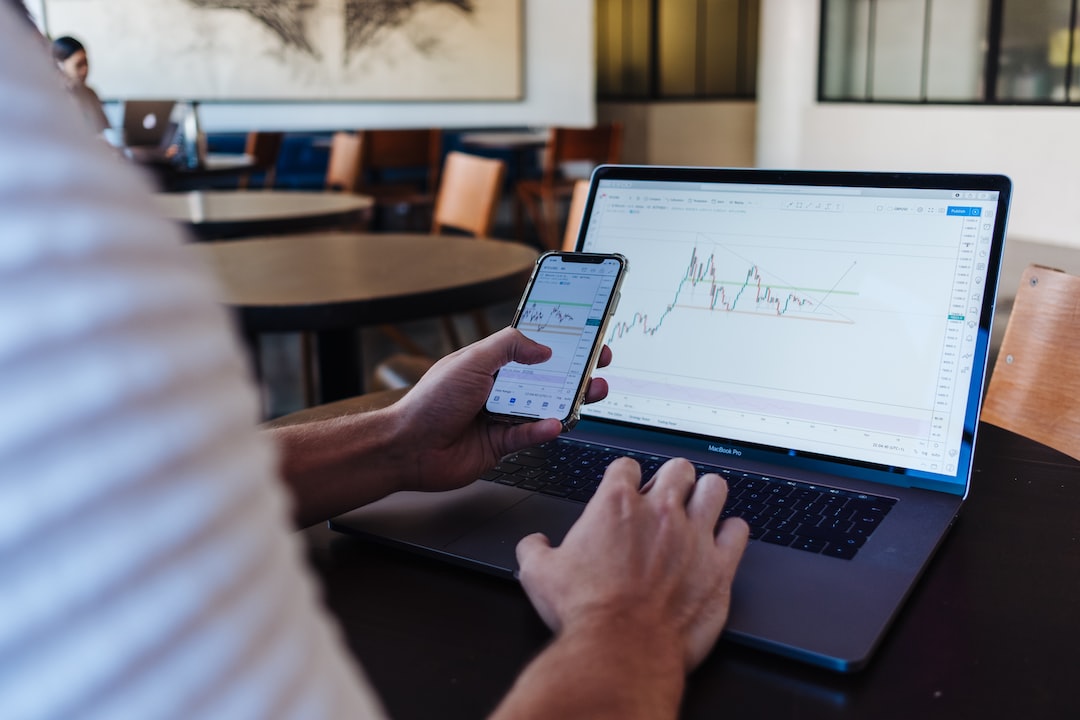News Flash
News Flash

By A.K.M Kamal Uddin Chowdhury
DHAKA, Feb 7, 2025 (BSS) – With the interim government in place for six months after the changeover of power following the August uprising, the country’s foreign exchange market is currently witnessing a stable condition due to healthy flow of inward remittances and considerable foreign aid receipts alongside visible preventive measures against money laundering.
“For the exchange rate of Bangladeshi Taka, the foreign exchange market remains stable. When we took charge, it was around Taka 120 against a US dollar and thus keeps hovering around it. But, now we are in a stable exchange regime,” Bangladesh Bank (BB) Governor Dr Ahsan H Mansur told BSS in an interview with BSS on completion of the six months of the incumbent interim government.
According to the central bank data, the dollar rate is now hovering around at Taka 122. Even, Bangladesh’s foreign exchange market is more stable than the neighbouring country India.
As per the BB data, exchange rate of Bangladesh Taka, against USD, depreciated by 1.67 percent during the July-December of FY25 compared to the depreciation of 1.49 percent during July-December of FY24 while Indian Rupee (INR) experienced 2.19 percent depreciation against the USDr during the July-December of FY25.
Dr Mansur pointed out that there is now no selling of foreign currency reserve to support the exchange rate in a bid to keep it market based.
“The previous regime had influenced the exchange rate by selling reserves. The reserves depleted from $48 billion to $20 billion. We are keeping it stable at near $20 billion,” he added.
According to the latest data, foreign exchange reserves amount to $19.97 billion as per the BPM-6 calculation standard of the IMF thanks to a high inflow of remittance.
Bangladesh received over $2 billion in remittances in January for the sixth consecutive month, thanks to a disruption in the flow of money through informal channels following the fall of the Sheikh Hasina-led government in the last August amidst a student-led uprising.
In January, Bangladeshis working and living abroad sent $2.18 billion in remittances, a building block of Bangladesh's economy and a major enabler of reducing imbalances in the external accounts.
In December, a record $2.63 billion came in, up 33 percent from a year earlier.
Deputy Managing Director of Premier Bank PLC Abdul Quaium Chowdhury said a large portion of migrant workers had declared emotionally that they would not send remittance through formal channels during the tenure of the previous government.
Now, they have been sending remittances after the political changeover, he added.
Previously, he said, there was a growing demand for hundi, an illegal cross-border transaction mechanism. Typically, the demand for hundi rises when a large volume of money is siphoned off the country, he added.
He mentioned that this trend has stopped after the interim government took charge, adding that the business people and politically influential individuals who siphoned off money from the country are now in jail, some are fugitives while some are in hiding.
“During the fallen government regime, there was a huge amount or number of under-invoicing imports settled from the collections of wage earner remittances. Now, this has been stopped. Furthermore, fake loans and paper-based loans disbursement also stopped due to strong surveillance of the Bangladesh Bank. ” he added.
Quaium said the flexible exchange rate or the narrow difference of exchange rate between the formal and informal markets accounts for the spike in remittance uptick.
Bangladesh Bank official statistics shows that Bangladesh now sees its current-account balance turn surplus, after months, mainly as significant growth in remittance and uptrend in exports.
Dr Mansur, however, said the current account, a key component of the country's balance of payments, is maintaining a virtual balance after six months of the interim government, led by Nobel Laureate Professor Dr Muhammad Yunus.
“There was a deficiency in the balance of payments, our reserve was falling, and our currency was depreciating rapidly. But, after six months of the government, I would say that we are maintaining a virtual balance in our current account. From largely negative to an acceptable balance, a sustainable deficit,” he added.
The data with the central bank of Bangladesh shows that the current-account balance stood at US$ 33-million surplus during the July-December period by overcoming a deficit of over $3.47 billion during the same period a year earlier.
According to the recent latest balance-of-payments (BoP) statistics released by the Bangladesh Bank, the country saw 26.70-per cent growth in remittance inflow while exports grew by 11 per cent in the first six months of this fiscal year (FY'25).
On the other hand, the import orders increased only by 3.5 per cent, showing a positive indication in bolstering the country's foreign-exchange reserves.
As per the data, the country bagged $13.78 billion of remittances during the July-December period with an increase by almost $3.0 billion from its corresponding period's $10.80 billion.
During the same period, the country exported goods amounting to $22.32 billion, 11.0 per cent higher from July-December's count in 2024 when the figure was $20.19 billion.
The imports rose to $32.09 billion in the first half of the ongoing FY'25 from $30.99 billion recorded a year ago, according to BoP data.
Simultaneously, the country's financial account also shows an improvement with the surplus rising to $1.40 billion in the H1of FY'25 from previous H1's count in FY'24 of $604 million.
Capital account, another component of the balance of payments, also turned surplus with $217 million, up by more than 35 per cent from the same period a year earlier.
As a matter of fact, the deficit in the country's overall balance got reduced to $384 million now from $3.45 billion registered a year ago.